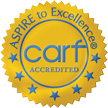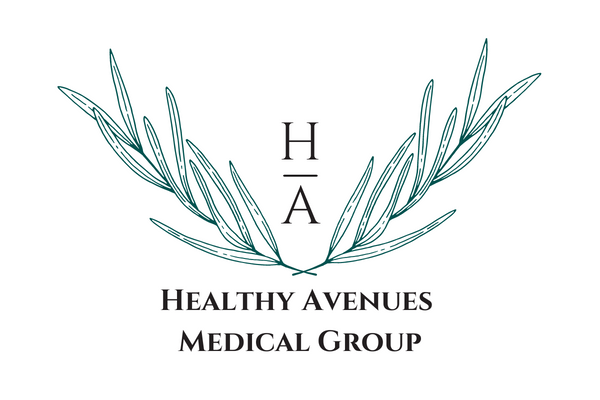Frequently Asked Questions
Additional Questions?
Call us at 504-377-6628 or fill out our form to get in touch with our staff.
Problem Gambling Treatment
These services are available to specifically treat gambling disorder. Individuals who wish to access these services can call the Louisiana Problem Gamblers Helpline at
1-877-770-7867. This phone is answered 24/7 by trained helpline specialists. According to state regulations, these services are offered at no cost to residents residing in Louisiana. For more information about problem gambling, please visit our informational webpage here.
Planting Seeds Today For A Better Future Tomorrow!
Call 504-377-6628 to get started.

